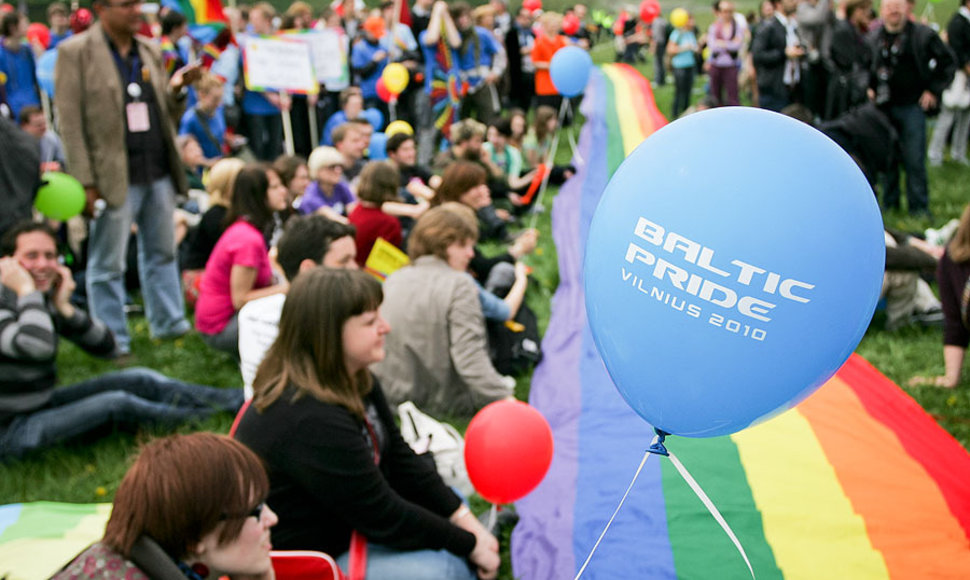"The appeal was filed yesterday," Vladimir Simonko, the leader of the Lithuanian Gay League, confirmed to BNS on Saturday.
The municipality maintains that the permit to march along the central street was refused due to what it said was "high probability of incidents and threat to public peace, morals, and public safety, regardless of high police presence."
The Vilnius administration suggested that the rally could take place in a more remote location on Upės Street. However, the Lithuanian Gay League disagrees and wants to march on Gedimino Avenue, a common venue for other types of events and demonstrations.
The Lithuanian Gay League has already won a case, and the court ruled that Vilnius administration cannot set a venue for an event.
President Dalia Grybauskaitė and Prime Minister Algirdas Butkevičius have refused to give their opinion on whether the march should be allowed on the Gedimino Avenue, saying the decision was within the authority of Vilnius administration.
Meanwhile Foreign Minister Linas Linkevičius met with leaders of the Lithuanian Gay League on Friday, saying that the March For Equality is important for Lithuania's commitments in connection to human rights and as an event indicating maturity of the society.
"We speak out in favor of peaceful assemblies and the opportunity for all people, irrespective of their sexual orientation, to use equal rights and freedoms to express their opinion," the minister was quoted as saying in a statement issued after the meeting.
The organizers maintain the march, which is held in many Western countries, is important in drawing public attention to discrimination against sexual minorities and promoting equality. Meanwhile some critics in Lithuania say it "promotes homosexuality."
The position taken by Vilnius administration has already been censured by non-governmental organization Amnesty International, and its representatives have announced plans of collecting signatures and submitting them to the Lithuanian president and Vilnius mayor.
The March For Equality is scheduled for July 27.
The first gay march in Lithuania took place in 2010, which was also preceded by court hearings on the march location and permission to hold it. The march itself took place eventually, with several hundred people marching through a heavily-guarded territory in the presence of around a thousand protesters.












